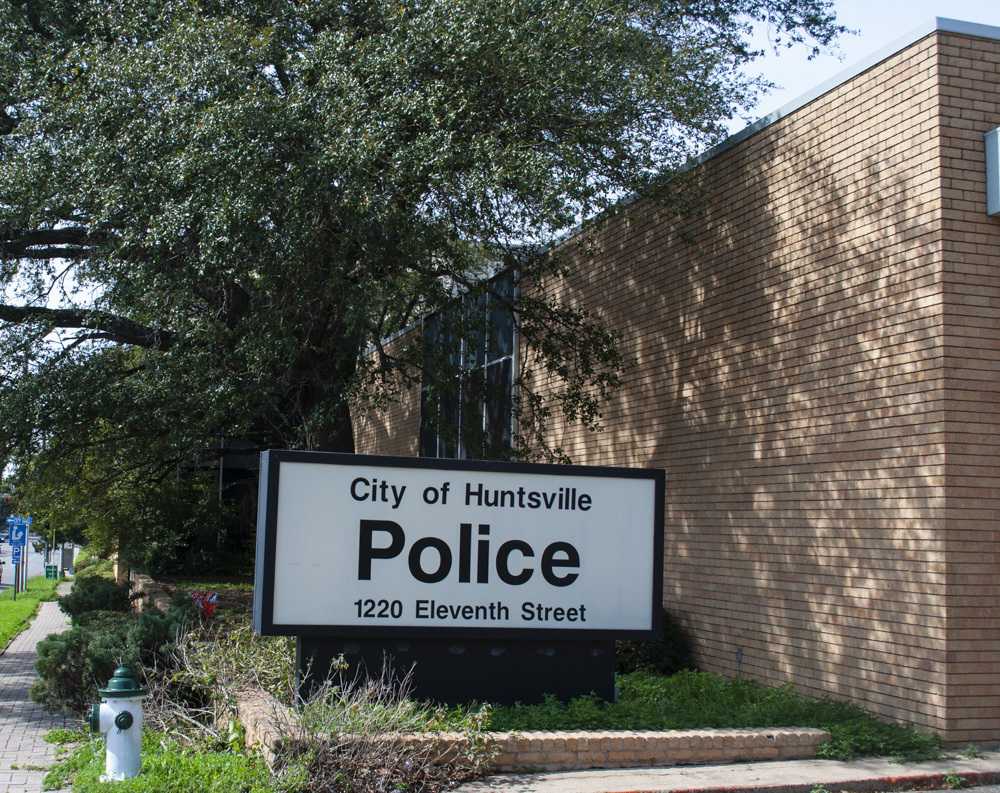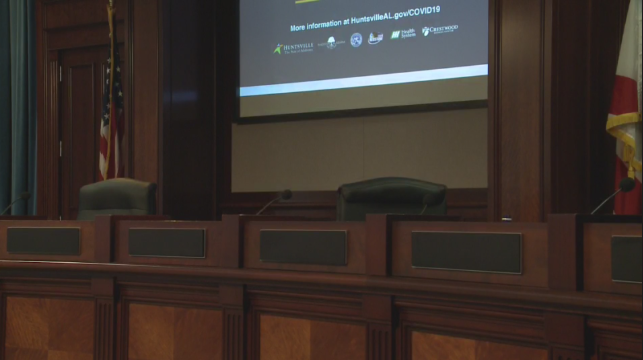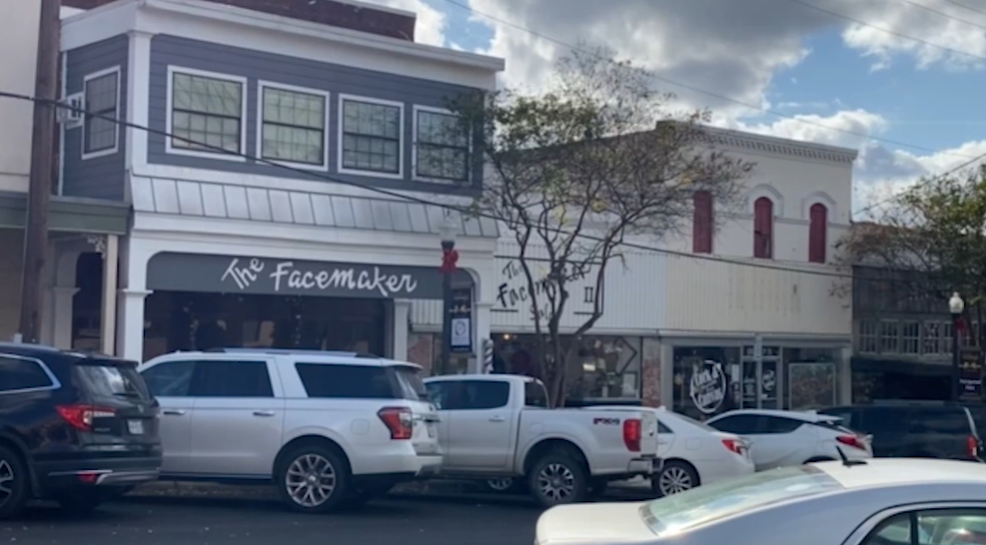For years, the Rita B. Huff Animal Shelter has provided life-saving care to hundreds of abandoned animals.
Recently, however, the organization has dealt with numerous challenges. The influx of rescued animals being brought in has stretched the shelter’s facilities thin, and with the organization adopting a no-kill policy, it is in danger of being overwhelmed.
The quaint facility off of Bearkat Blvd., organized in 1982, aims to preserve the lives and well-being of animals across the county by adoption, rescue and medical services. By no longer allowing the euthanization of animals on-site, it ensures that every animal brought in will receive a fair chance at finding a new home.
At the same time, if the rate of adoptions does not increase, it limits the space and supplies available for any new animals that might be brought in.
According to Olivia Baker, a receptionist at the shelter, the decision to become a no-kill shelter was not without controversy.
“A lot of people were upset, but a lot of people were happy,” Baker said. “I know a lot of people wouldn’t be working here if it was still a kill-shelter.”
The nonprofit organization relies heavily on contributions from the community, frequently reaching out for financial and supply donations through social media and events.
It remains to be seen how the public’s perception of these policy changes will affect support moving forward.
“There’s just so many animals out there, and it’s impossible to save all of them,” senior Animal Science major Rachael Oliver said. “It’s a good thought, but saving a few takes away chances from the many.”
The situation is not helped by the fact that many apartments around the area charge exorbitant fees to allow live-in pets. Many students would love to open up their homes to these animals, if their expenses did not include hefty residence payments.
“Shelters are there to help animals, but they also act as a halfway point,” Oliver said. “Fostering can go a long way in saving lives long-term.”
The homeless animals of the area need a home, but Rita B. Huff can only do so much. The community needs to respond in order to give these animals a new lease on life.











